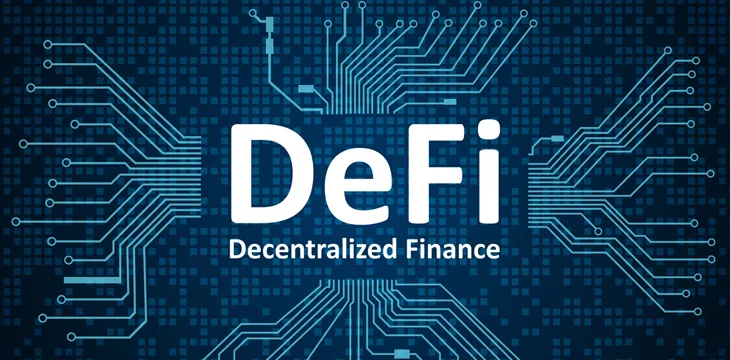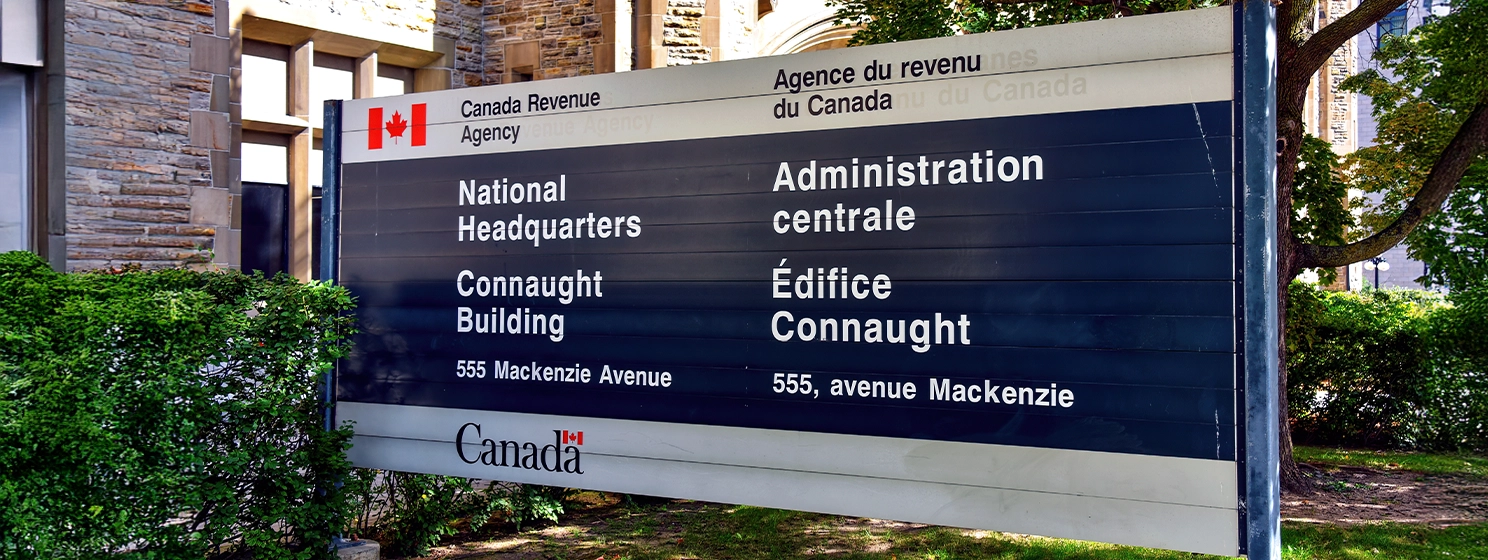|
Getting your Trinity Audio player ready...
|
Decentralized finance (DeFi) is rapidly growing in the ASEAN region, with Vietnam setting the pace while Thailand recorded the fastest growth, according to a new report. However, it’s dominated by professional investors, with retail participation hindered by complexity and a lack of regulation.
The report was compiled by the Organisation for Economic Co-operation and Development (OECD), a forum for developed economies that pushes for economic progress and global trade.
The Association of Southeast Asian Nations (ASEAN) comprises ten countries, including Indonesia, Malaysia, the Philippines, Thailand, and Vietnam. ASEAN has been working toward financial inclusion, but according to the OECD, more than half of its 600 million residents are unbanked. However, most of the population is young and digitally savvy, providing fertile ground for digital asset adoption.
DeFi has thrived in ASEAN, but according to the report, it has failed in its promise of democratizing finance. Instead, it’s dominated by professional investors. East Asia has the highest share of institutional activity in DeFi as a share of overall volume globally.
“Retail participation in decentralised finance (particularly DeFi protocol activity) may also be more difficult due to its complexity, unregulated nature or the provision of uncompliant financial service provision and non-custodial nature,” the report added.
This echoes a paper by the Bank for International Settlements (BIS), which concluded that decentralization in DeFi is an illusion and that the sector is too complex for retail traders.
In recent years, more user-friendly DeFi platforms have emerged. However, they remain opaque and offer complex and leveraged trading strategies unsuitable for retailers.
OECD believes there’s room for improvement and that regulating the sector could open it up to more retail involvement. Traditional financial institutions could also leverage DeFi in areas like the atomic securities settlement.
The report also cited tokenization as an application that holds much promise.
“DLT-based finance and tokenisation can offer efficiencies by lowering the cost of servicing small size transactions. It can also allow for fractionalisation and offer new pathways for capital formation,” it said.
The report follows a two-day forum between OECD and government officials from ASEAN nations in Seoul, South Korea. According to local reports, the officials moved to share information on digital asset regulation and other trends in the digital finance world.
“We will establish an appropriate regulatory system for risk factors that new technologies may bring and protect consumers,” commented Kim So-young, the vice chair of South Korea’s Financial Services Commission.
Watch: Digital Pilipinas Festival 2023—Pioneering the future of ASEAN tech landscape

 12-13-2025
12-13-2025 





